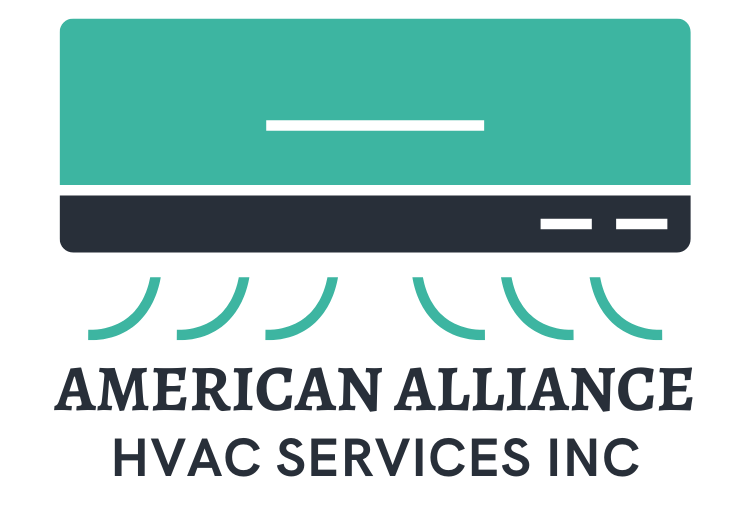BLOG
Unlocking Comfort: How American Alliance HVAC Leads in Exceptional Heating and Cooling Solutions Across California
In the heart of every home or business in Southern and Northern California, especially within the bustling locales of Orange County and Contra Costa County, lies the quintessential need for a reliable, efficient heating and cooling system. This pivotal aspect of comfort and quality of life is where American Alliance HVAC, a family-owned and operated enterprise, emerges as a beacon of excellence and trust in the HVAC industry. With services stretching from meticulous installations, seasoned repairs, comprehensive maintenance to customer-focused service, American Alliance HVAC has cemented its reputation as a vanguard of unparalleled HVAC solutions that resonate with both residential and commercial clients. The essence of American Alliance HVAC’s philosophy is ingrained in the rich tapestry of its history - a narrative deeply rooted in familial values, unwavering commitment to exceptional service, and a profound understanding of the diverse HVAC needs across the varied climates of Southern and Northern California. At the core, the business thrives on a simple yet powerful mantra: blending traditional values with cutting-edge solutions. This transcends beyond mere words, shaping their operations, customer interactions, and the innovative methodologies employed to ensure every heating and cooling system operates at its optimal capacity, efficiency, and longevity. The unique geographical expanse serviced by American Alliance HVAC—spanning the sunny expanses of SoCal’s Orange County to the dynamic terrains of NorCal’s Contra Costa County—presents a myriad of HVAC challenges and opportunities. Understanding the nuances of these locales enables American Alliance HVAC to provide tailored solutions that go beyond generic offerings. It’s about crafting personalized, efficient, and sustainable heating and cooling experiences that align with the local climate, lifestyle, and environmental considerations. Delving deeper into their service spectrum, American Alliance HVAC showcases an exceptional capability in offering precise installation services, ensuring that every system is not just installed, but is integrated within the fabric of your space to deliver performance and comfort. Their repair services are not just about fixing issues but about diagnosing the root cause to provide lasting solutions. Maintenance, an often-underestimated facet, is approached with a thoroughness guaranteeing enhanced system performance and preventing untimely breakdowns. American Alliance HVAC's commitment to excellence is further exemplified in their customer service, which is predicated on integrity, honesty, and building long-term relationships. This customer-centric approach, coupled with their technical prowess, sets them apart in a competitive landscape, fostering a sense of trust and reliability. For those residing in Orange County or Contra Costa County experiencing any HVAC needs—ranging from urgent repairs, routine maintenance, to considering a new system installation—the journey towards enhanced comfort, efficiency, and peace of mind unequivocally begins with American Alliance HVAC. Embarking on this journey is not just about experiencing top-notch HVAC services; it's about becoming a part of the American Alliance HVAC family, where every service is delivered with care, precision, and a commitment to your comfort. In essence, American Alliance HVAC is not just a service provider; it's a partner in ensuring your living or working environment is always comfortable, safe, and efficiently managed. Entrusting your HVAC needs to American Alliance HVAC means embracing excellence, innovation, and a personalized service experience that stands unmatched. Reach out today to explore how American Alliance HVAC can elevate your indoor comfort to new heights.
DISCOVER WHAT OUR CUSTOMERS HAVE TO SAY ABOUT US
REVIEWS
REVIEW US ON GOOGLE
our process
Our process is simple and only contains a few simple steps
proudly serving these areas
Socal Orange county
Contra Costa County
